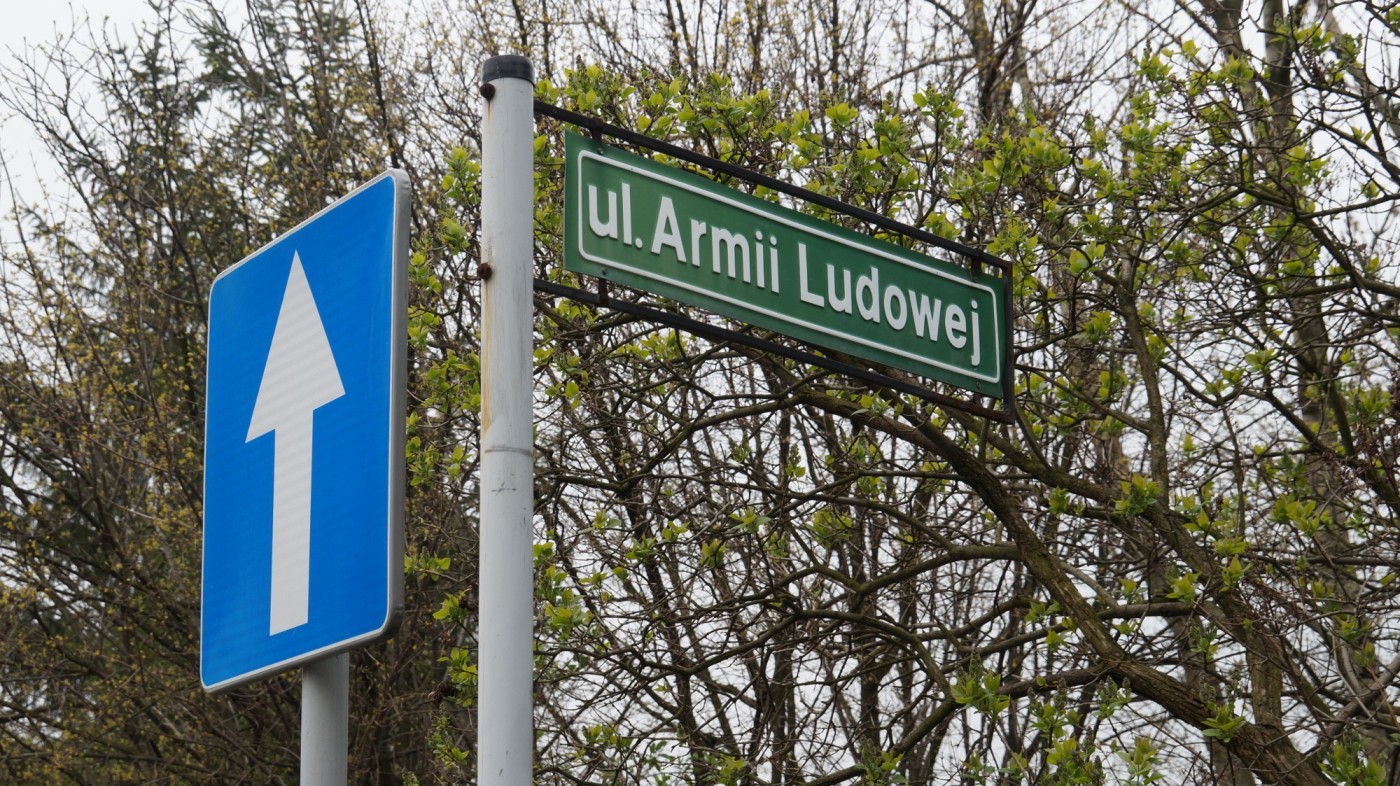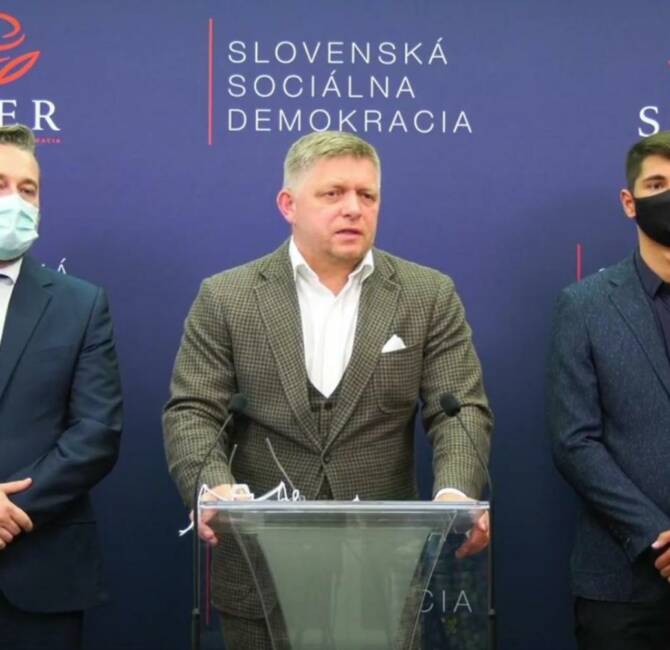By Modeste Schwartz.
Romania – On Saturday, October 6, and Sunday, October 7, just under 4 million Romanian citizens went to the polls to vote in the so-called “referendum on the family”, a little over 20% of the official electoral body (why “official”? – see below).
Counting is still in progress at the time of writing, but the (de facto) supporters of the NO option (and thus, implicitly, of “gay marriage”) calling for a boycott, it is already clear that a vast majority of voters opted for YES – to no avail, since the participation quorum of 30% was not officially reached. A big disappointment for the YES camp, which was expecting tremendous results. The latter, however, could consider that nothing is lost: any observer knowing a little bit about Romania knows well that in case of compulsory voting, a large majority of yesterday’s abstainers would also have voted YES, and that the YES camp is therefore primarily facing a motivation problem – not an ideological one. And as all but one of the parliamentary parties and all the churches (except one) had called to participate, the political balance of the operation could also be considered null and void – which, of course, will not prevent the #rezist camp of Western-funded “civil society” to gloat and call for the resignation of the government, but also and especially for the realization of its favourite wet dream: the imprisonment of Liviu Dragnea (author, let’s not forget, of a law on gas royalties that hinders many multinational companies).
The trouble – not just for the government or for Liviu Dragnea – is that this demobilization is not just punctual, accidental. It is also structural, and reveals deep fissures in the fabric of Romanian society, which in my opinion cast doubt on the very future of Romania as a nation and as a state.
Admittedly, the YES camp had committed most of the tactical errors that could be committed. The campaign was too short, probably not leaving the YES campaigners enough time to reach the culturally most conservative layers of Romanian society, rural strata living in an unconnected and hard-to-reach world, where “innovative” sexual behaviours (if they even exist) remain invisible, so that most potential voters probably did not understand the issue of consultation. To combine the referendum with the next elections would, on the contrary, have made it possible to ensure a good participation, while leaving time for pedagogy to act. On this issue at least (that of the calendar), it is probably necessary to admit that the #rezist camp was partially right when accusing Liviu Dragnea of trying to politically weaponize this societal debate. One could also notice a certain nonchalance of the Orthodox Church, still a colossus, but a lazy one, who seemed to be going into battle backwards, and mainly in order not to be completely overwhelmed by the zealous activism of the neo-Protestants, who were the real victors of this vote: all counties (most of them in Northern Romania) with high participation rates (20% and more) are areas of strong neo-Protestant implantation, while many of the counties of the tail of the ranking are (especially in the Southeast) areas of “deep orthodoxy” (counting very few neo-Protestants and practically no Uniate or Hungarian).
This is the first structural fissure that has just appeared: the very backbone of the Romanian nation (in the formation of which its historical contribution was much more important than the deeds of the young and fragile Romanian state), the Orthodox Church, is rapidly losing ground, and seems to lack either the skills needed to reverse this tendency, the willingness to do so, or both.
This observation is all the more distressing that in order to save the national dynamic, political conscience here does not seem to be able (as, for example, in Hungary or the Czech Republic) to come to the rescue of a failing religious conscience: these Southeast counties which have shunned the referendum above the average abstention rate are a stronghold of the ruling Social Democrat Party, which was expected to profit politically from a strong mobilization. They even house the personal fiefdoms of Liviu Dragnea and “his” Prime Minister Viorica Dăncilă! One would thus be easily tempted by the following conclusion: traumatized by the anti-social (in more than one sense of the term) policies of the Băsescu era, the Romanian population does not want a return to power of the “right”, this is why it unenthusiastically supports the PSD, considered less anti-patriotic and less neo-liberal than the rest of the political spectrum; but the PSD, ideologically too vague and plagued with bad communication, does not arouse real emotional support in its electorate, so that its strong electoral majorities reflect rather the nullity of the opposition than its own talent.
But there is worse. Morally demobilized, the Romanian population is also partly physically dispersed beyond the borders of the country, in proportions that are difficult to assess (since many of those who leave do not formalize their departure in any way), but which are very likely to exceed the official numbers – hence the language precautions adopted above when speaking of the electorate and the quorum. Indeed, the abnormally low participation percentage observed in some very rural and culturally conservative counties (such as Gorj, Vâlcea or Sălaj) certainly reflects less an unlikely ideological landslide than the fact that electoral lists in those countries are stuffed with citizens who, in many cases, have not set foot in the country for years, whose children often grow up – in Italy, Spain, France or Germany – without learning Romanian, and who are neither workers, nor investors nor taxpayers in Romania, where their de facto sociological status, despite their ethnicity, is that of tourists. This problem, which also affects other countries of the region with high emigration rates (Moldavia, Serbia, Bulgaria – in the order of gravity) touches the very roots of the modern territorial nation-state, and calls for no less radical solutions. Indeed, in addition to their role as “statistical disrupters” in quorum issues, these compatriot-tourists are also a problem when they do choose to vote: as they often have no more material interests within the country, their electoral choice tends to be guided by the sole criterion of the compatibility of given political programs with the sustainability of their individual migration strategy, that is to say, with the need to keep Romania in the EU at any price (plus, if possible, to obtain its adhesion to the Schengen treaty). And indeed, nothing forbids to think that, among relatives of those “extraterritorial Romanians” still living in the country, the boycott propaganda – which accused, among other things, this referendum of wanting to “drag Romania away from Europe” – has hit home; not that the Romanians of these social groups (mainly rural, and often religious) would have the slightest sympathy for the LGBT agenda, but in their still largely tribal view of existence, the sustainability of their individual strategy of social promotion through emigration to higher-wage countries comes before the need of institutional protection of the family, the younger generations and the nation. Hence, for example, their unwavering support for Gauleiters of the Eurocracy like Klaus Johannis or Traian Băsescu.
In other words: irrespective of their political views (assuming they have some), the “strawberry-pickers” (nickname given to Romanian migrants) constitute, for any Romanian power seeking to emancipate itself from the neo-colonial tutelage of the West, a fifth column with a real nuisance capacity. Eventually, Romania will have to choose: either to become an extraterritorial nation like the Armenians (albeit a priori not so well located on the international ranking of trade-earned fortunes), or to cut the dead wood, i.e. those cousins who love their homeland so much from the distance, after really abandoning it. A third solution, often discussed since Romania (for both demographic and economic reasons) joined the club of Central European countries without unemployment, would be the “return of the exiles”; such return is nevertheless made unlikely, on the one hand, by income differences between the West and Romania, which, while shrinking, still remain considerable, but also (more discreetly) because a large part of said “exiles” have already been acculturated, and do not feel really at home any more in this “backwards” country – since this is the way most Westerners, including new members of the club, perceive – and not unrightfully so – Romania.
The last fissure I want to talk about here also touches the definition of the nation. Some Romanian citizens (Gypsies, Hungarians, Ruthenians, Serbs etc.) are not ethnically Romanian. Most of these ethnic minorities are tiny, and the Gypsy minority, numerically considerable, is nationally unformed, with no unitary identity. But one of them – the Hungarian minority – gathers around one million (officially more, for the reasons mentioned above) Hungarian-speaking Romanian citizens, most of whom also hold a Hungarian passport, endowed in Transylvania with Hungarian-speaking schools and a Hungarian-speaking local press. This referendum has given the opportunity to observe the doubly abnormal behaviour of this minority: its largely prevailing political choice (boycotting the referendum), while singling it out in Romania (the two most Hungarian counties are also the last two on the participation ranking list), is also ideologically opposed to the current political mainstream of Hungary (that is to say, Viktor Orbán’s illiberalism). To perfect the opacity of the situation, let us add that many of those Transylvanian Hungarians who – moved by Europhile liberalism and / or visceral hatred of the PSD, in spite of the fact that the latter is allied to Viktor Orbán’s FIDESZ – boycotted the referendum, are the same who, as citizens of Hungary, voted for said FIDESZ last April (any other hypothesis being arithmetically impossible, since the – in both cases astronomical – rates of FIDESZ voting and abstention in the referendum were nearly the same).
Should we, therefore, expect the emergence, between populist Romania and illiberal Hungary, of a tiny LGBT-Hungary in Northern Transylvania, an Eastern counterpart to Scotland in what could well become “the Overseas Provinces of the Metrosexual Fourth Reich”? This is what some Hungarian urban intellectuals in Cluj or Târgu-Mureş today dream out loud – but do their dreams have a real foundation? Nothing is less sure. To tell the truth, in rural areas and small towns, and especially in the upper age groups and in the compact Hungarian-speaking areas (the Szekler Land), the sensitivity of a rather conservative Hungarian-speaking electorate to the liberal propaganda manufactured in Cluj is mainly due to the fact that those Hungarians are not interested at all in Romanian politics and do not follow the Romanian media; yet Europhile liberals enjoy a total media hegemony within the Hungarian minority in Romania.
The responsibility for this successful hijacking of the Hungarian vote is, thus, partly due to the naivety of Transylvanian Hungarians, who are too used to the gratifying role of a professional victim minority cherished by the Eurocrats. Though culturally conservative, some have gone so far as to knowingly sabotage a referendum whose principle they approved, out of pure anti-Romanian resentment – probably imagining that, on the day when the ethnic majority would present the bill for this suicidal strategy, Frans Timmermans will come to save them at the head of a Panzerdivision. But it is also partly due to FIDESZ, which for years has not only launched no Kulturkampf to reconquer these Transylvanian souls transformed into cosmopolitan minds by a long-lasting promiscuity with the Soros galaxy, but is even, as I write, busy very generously funding a hardcore-liberal Hungarian-speaking Transylvanian press; the latter, in return, mutes the visceral hatred it feels for Viktor Orbán’s illiberal Hungary, and insincerely orients the Szekler vote towards the FIDESZ ballots in the Hungarian elections, while keeping for itself the right to direct it against the Romanian allies of FIDESZ in Romanian elections. In other words: to influence local Hungarian opinion in favour of the worst enemies of Hungary: the Romanian “right” – and even more so, the Western puppeteers who have owned it for decades.
While imagining themselves culturally superior to the ethnic majority, many members of the Hungarian minority thus actually mirror, on a smaller scale, all the defects of the latter: apolitical, prone to migratory desertion, dechristianised (and later often rechristianised by neo-Protestant churches) they also (especially with regard to their political and cultural elites) lack any coherent vision of the future that could provide an alternative to dying Euro-globalism.
A sick majority plus a schizophrenic minority: if this perfect explosive cocktail does not produce the Ukraine-like effects that one might fear, the reason for non-ignition, alas, will most likely be that the battle will end, even before starting, by lack of fighters – the latter being too busy driving Ubers in Dublin and scrubbing toilets in Hamburg.




